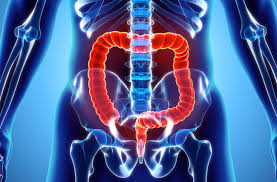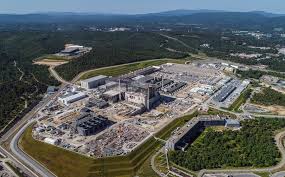
Colorectal cancer that affects the large intestine (colon) and rectum is the 5th leading cause of cancer death in India, mainly because late detection minimizes chances of recovery. In the last decade, the country has witnessed a rapid increase in the rate of colorectal cancer among younger people due to poor dietary habits, lack of physical activity, obesity, increased alcohol consumption, and chronic smoking.
Daily Current Affairs Quiz 2020
Key-Points
The current detection methods need invasive biopsies, and subsequent evaluation requires special expertise. The delay in the timely detection of the disease limits access to rapid and affordable treatment.
Dr. Tatini Rakshit from S. N. Bose National Centre for Basic Sciences,a recipient of the INSPIRE Faculty Fellowship Award instituted by the Department of Science & Technology (DST), Govt. of India along with her research group has developed a sensitive tool that could be useful to identify colon cancer at a very early stage from body fluids like blood, urine, and feces (stool).
The method that scores above currently existing methods like polymerase chain reaction (PCR), enzyme-linked immunosorbent assay (ELISA), electrophoresis, surface plasmon resonance (SPR), surface-enhanced Raman spectroscopy (SERS), microcantilevers, colorimetric assay, electrochemical assay, and fluorescence methods in terms of accuracy, has been published recently in ‘Journal of Physical Chemistry Letters’.
Colon Cancer
Colorectal cancer is a malignant tumor arising from the inner wall of the large intestine (colon) or rectum. Colorectal cancer is the third leading cause of cancer in both men and women in the U.S.
Chemotherapy can extend life and improve quality of life for those who have had or are living with metastatic colorectal cancer. It can also reduce the risk of recurrence in patients found to have high-risk colon cancer findings at surgery.
Signs and symptoms of colon cancer tend not to be specific. In other words, the signs and symptoms can occur due to a number of different conditions. When colon cancer is detected in its early stages, it may not have even caused symptoms. Symptoms can also vary according to the specific location within the colon where the tumor is located.
What is cancer?
Cancer is the uncontrolled growth of abnormal cells in the body. Cancer develops when the body’s normal control mechanism stops working. Old cells do not die and instead grow out of control, forming new, abnormal cells. These extra cells may form a mass of tissue, called a tumor. Some cancers, such as leukemia, do not form tumors.





